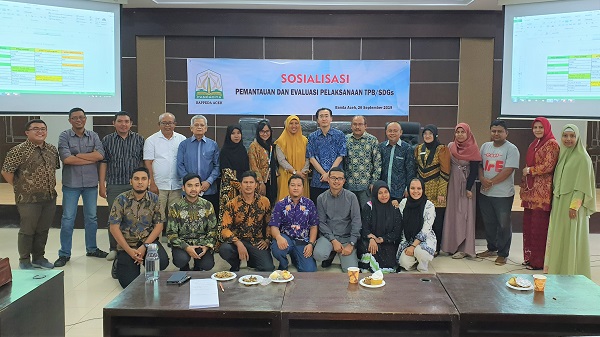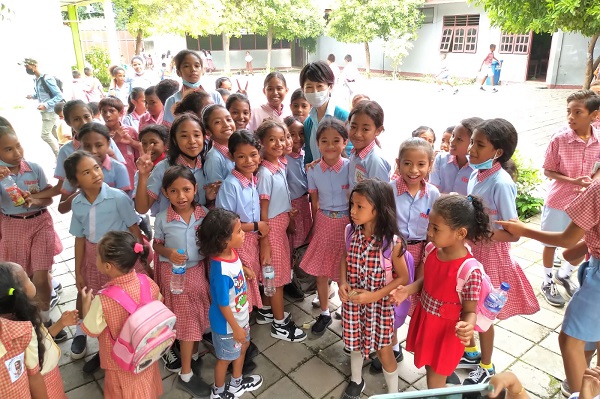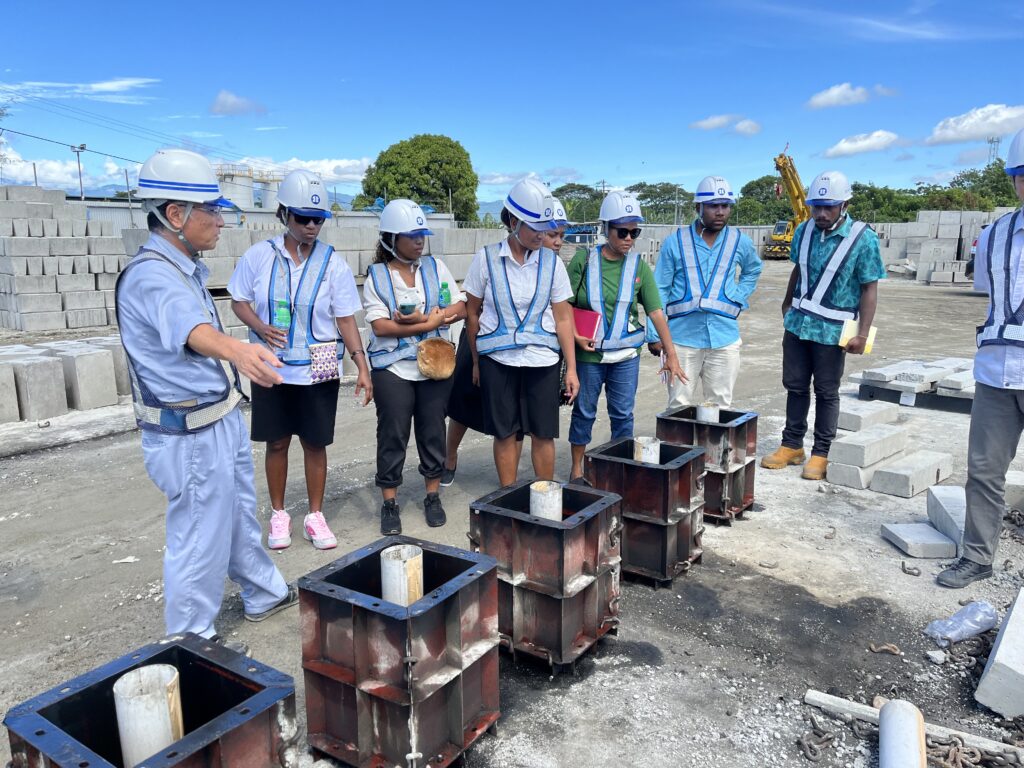
The government of Indonesia (GOI) released the Voluntary National Review (VNR) at the High-Level Political Forum on Sustainable Development in New York in July 2017. According to GOI, out of 241 Global Indicators of Sustainable Development Goals (SDGs), (1) the number of “National Indicators similar to global indicators” was 85, (2) the number of “Proxy indicators that could be developed” was 76, (3) the number of “Global indicators that still need to be developed” was 75, and (4) the number of “Global indicators irrelevant for Indonesia” was 5. Therefore, although GOI was able to respond to approximately 36% of all indicators at that time, it was necessary to set the remaining indicators (especially (2) and (3)). The Ministry of National Development Planning/National Development Planning Agency (“Bappenas”) has been developing the National Action Plan and Sub-National Action Plans for provincial governments, in accordance with the Presidential Decree of the Republic of Indonesia Number 59 Year 2017. The action plans are indispensable since they promote the implementation of SDGs of GOI by setting activities for achieving indicators. Introducing a Monitoring and Evaluation system is also an urgent issue for Bappenas to monitor and evaluate the implementation of SDGs by GOI appropriately.
IDCJ has supported GOI initiatives on SDGs since 2017 through a study commissioned by JICA. Based on those backgrounds, JICA started this Technical Cooperation Project with Bappenas to strengthen the framework of the implementation of SDGs in Indonesia in terms of indicators, action plans, monitoring and evaluation, and mutual learning. The project worked in the following four areas: 1) To set the definition of Indicators of SDGs; 2) To develop the National Action Plan and Sub-National Action Plans of target provinces; 3) To develop, implement and report the Monitoring and Evaluation of SDGs; and 4) To hold seminars on Mutual Learning on Implementation of SDGs.
Utilizing and disseminating the results of this project (Phase 1), IDCJ has been implementing the Project for Strengthening Framework of Implementation of SDGs of the Subnational Governments in Indonesia (Phase 2) since December 2023. The Phase 2 project aims to further promote the Indonesian government’s efforts to achieve the SDGs by strengthening the subnational government’s SDG-related policy planning, implementation, monitoring, and evaluation systems, and promoting public-private partnerships.

Japan’s development cooperation in Timor-Leste began in 1999 before the country became independent in May 2002. Japan has a 20-year history of assisting Timor-Leste with ODA and has provided support in various fields through three schemes: technical cooperation, grant aid, and loan aid. On the 20th anniversary of ODA assistance to Timor-Leste, this study looks back at ODA projects that have been implemented in Timor-Leste since 1999. It also reviews the achievement of these projects to identify their contribution to the social and economic development of Timor-Leste. In addition, the study will provide suggestions for the future direction of ODA projects in Timor-Leste.
IDCJ has also conducted similar studies in Vietnam, Malaysia, and Indonesia.

In the Solomon Islands, public investment has not consistently adhered to the National Infrastructure Investment Plan 2013–2023 with project decisions frequently made on an ad hoc basis. This has underscored the need to strengthen the alignment of budget formulation with the National Development Strategy and to enhance the Ministry of Finance and Treasury (MoFT)’s oversight of budgetary discipline across sector ministries. A critical challenge has been the absence of a standardized and institutionalized process for project proposal, appraisal, selection, and monitoring. In particular, economic analysis methodologies have been insufficiently institutionalized.
In Papua New Guinea, the government has faced increasing pressure to reduce expenditures and restrain public investment in response to persistent fiscal deficits. Within this context, significant challenges have been observed in the formulation, appraisal, selection, monitoring, and evaluation of public investment programs. These challenges include inadequacies in project documentation, as well as a lack of technical capacity among government officials responsible for project appraisal and monitoring.
In light of these challenges, a technical cooperation initiative was launched to strengthen institutional capacity for public investment management in both countries. In the Solomon Islands, the project has aimed to:
The project is currently ongoing under an extended contract arrangement.
In Papua New Guinea, the project sought to:
The second phase of the project is currently underway.
